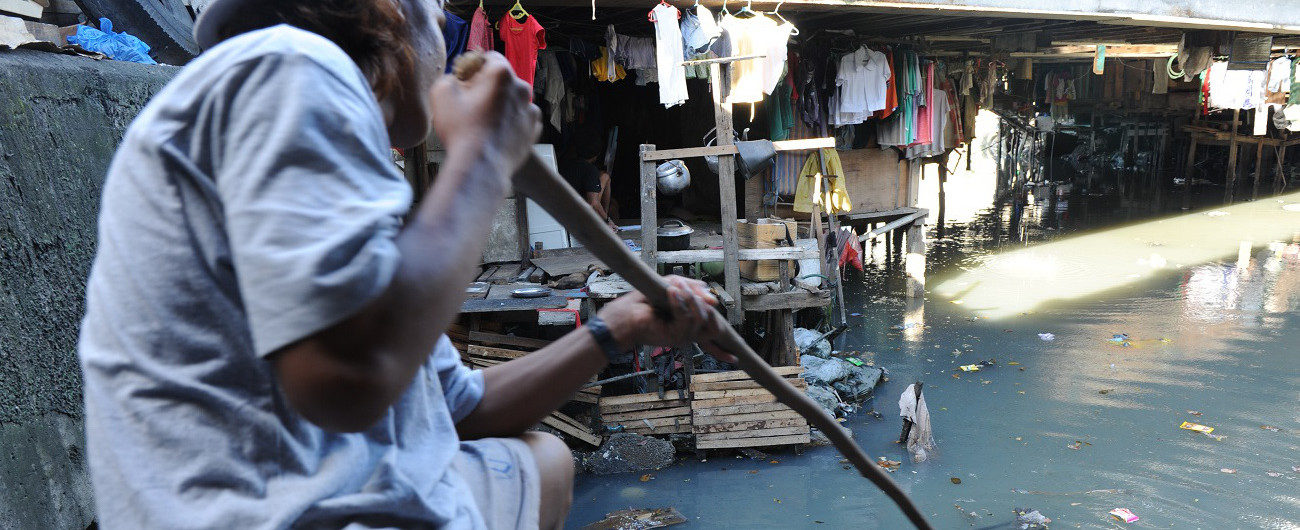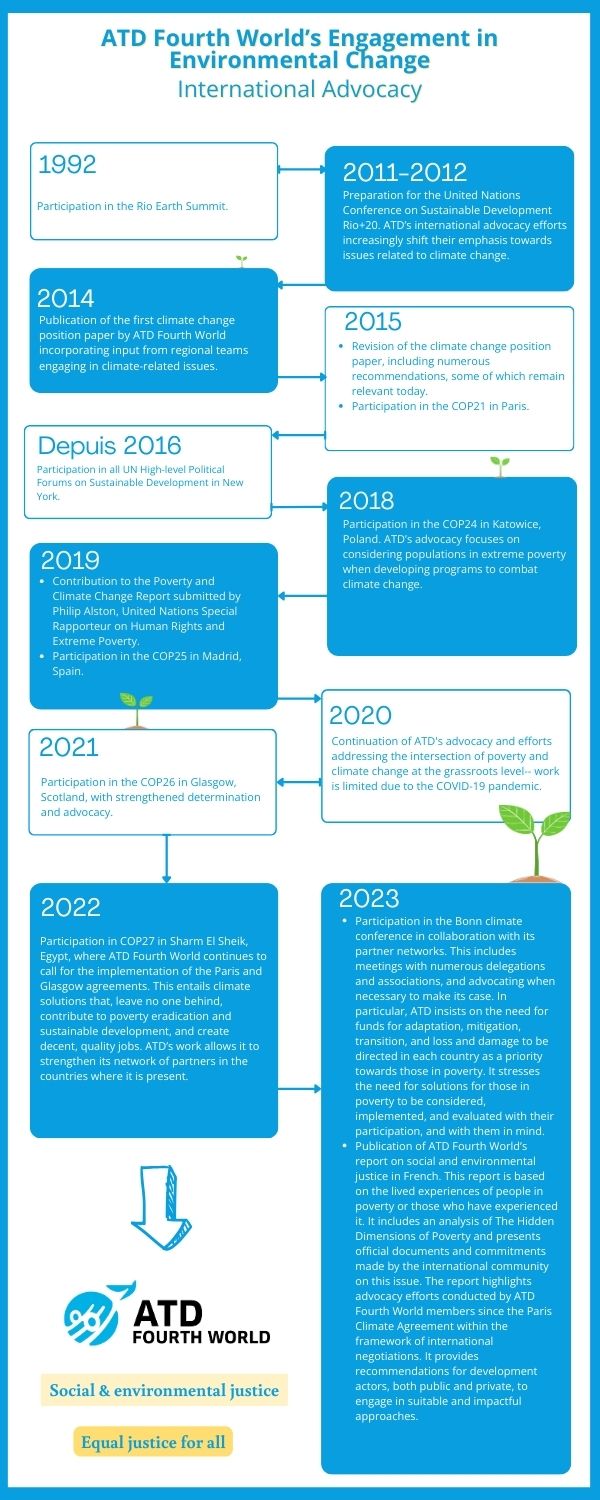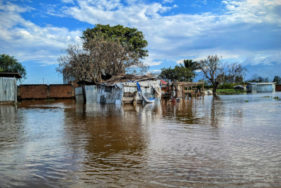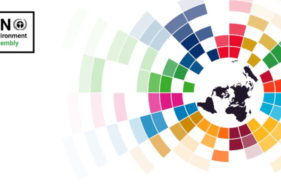Social and Environmental Justice
A call for climate and environmental action which contributes to the elimination of poverty
A priority of ATD Fourth World is to “Promote a society that respects people and the planet, considering it a prerequisite for peace.”
Poverty and the environment
People living in poverty across the globe are the first and the hardest hit by the effects of climate change, declining biodiversity, and pollution of all kinds. Yet, they are the least responsible and have the fewest means to protect themselves.
The international collaborative research project on The Hidden Dimensions of Poverty, conducted by ATD Fourth World and Oxford University, shows that the experience of poverty is also influenced by the nature and degree of environmental degradation and various forms of pollution. Examples include extreme weather events such as floods and drought, deforestation, air and water pollution, the increased use of pesticides and plastics, reduced habitats for biodiversity, and land depletion.
Individuals in situations of poverty are more exposed to the negative consequences of these phenomena, and they have little means of protecting their families, their livestock, and other possessions or of sheltering from danger. They are forced to leave their homes and lands flooded by rising sea levels. Soil salinisation destroys their crops, and the resulting ocean acidification undermines their livelihoods. Climate and environmental policies are often designed without taking into account their impact on those who are the most vulnerable.
Thus, climate change and biodiversity loss can impede the enjoyment of a wide range of human rights, including the rights to life, health, food, livelihoods and work, water, housing and culture.
The rights of the people depending on healthy ecosystems are especially threatened. In 2012, the 168 member states of the Convention on Biological Diversity recognised “the gravity of biodiversity loss and the breakdown of ecosystems on a global scale.” They underscored the negative impact of this situation on “food and nutritional security, access to water, the health of the rural poor, and other populations worldwide, including current and future generations.”
ATD Fourth World’s priorities
Since 2011, ATD Fourth World has invested heavily in the Sustainable Development Goals, drawing on participatory research conducted from 2011 to 2013 with more than 2,000 people in 22 countries. Since then, it has been defending the priorities of the 2030 Agenda for Sustainable Development, which explicitly include the requirement to “leave no one behind.”
Against this backdrop, ATD Fourth World has become increasingly involved in national and international debates on climate change and environmental protection over the past thirty years.
This engagement stems from the global advocacy efforts undertaken since the 1990s and the initiatives implemented in the countries where ATD Fourth World is present. One of these fundamental efforts aims to encourage meetings between people living in poverty and those from different social, political, and professional backgrounds. The starting point in these encounters is to build on the knowledge and insights of people with lived experience of poverty, collaborating to find solutions to climate change and safeguarding the environment through fostering strong community bonds.
Trust is established through ongoing exchanges and a shared commitment to the project, enabling the community to re-mobilize for collective action, beginning with the most vulnerable. This is the premise behind all ATD Fourth World’s local and international activities.
ATD Fourth World advocates that national and international activities to combat climate change and protect the environment contribute to the elimination of poverty and, therefore, contribute to social and environmental justice.
ATD Fourth World recommends the following:
- Link overcoming poverty to all public policies.
- Give special attention to the bottom 20%.
- Tackle climate change and environmental protection together, involving people living in poverty.
- Ensure that the funding to combat climate change and to protect the environment benefits the most at-risk populations.
- Build social protection mechanisms.
- Ensure that people living in poverty can benefit from training and the creation of decent, quality jobs in the transition to a green economy.
Latest News
Bonn Climate Conference 2024
Loss and damage caused by climate change are growing fast. It is urgent to act and create measures that contribute (…) Read more
Environmental and Climate Solutions Must Contribute to Poverty Eradication
The 6th session of the United Nations Environment Assembly (UNEA-6) takes place from 26 February to 1 March at the (…) Read more
Dignified Work in the Green Economy
Following in the spirit of this year’s October 17 theme, which highlights the importance of decent work for all, Aye (…) Read more






